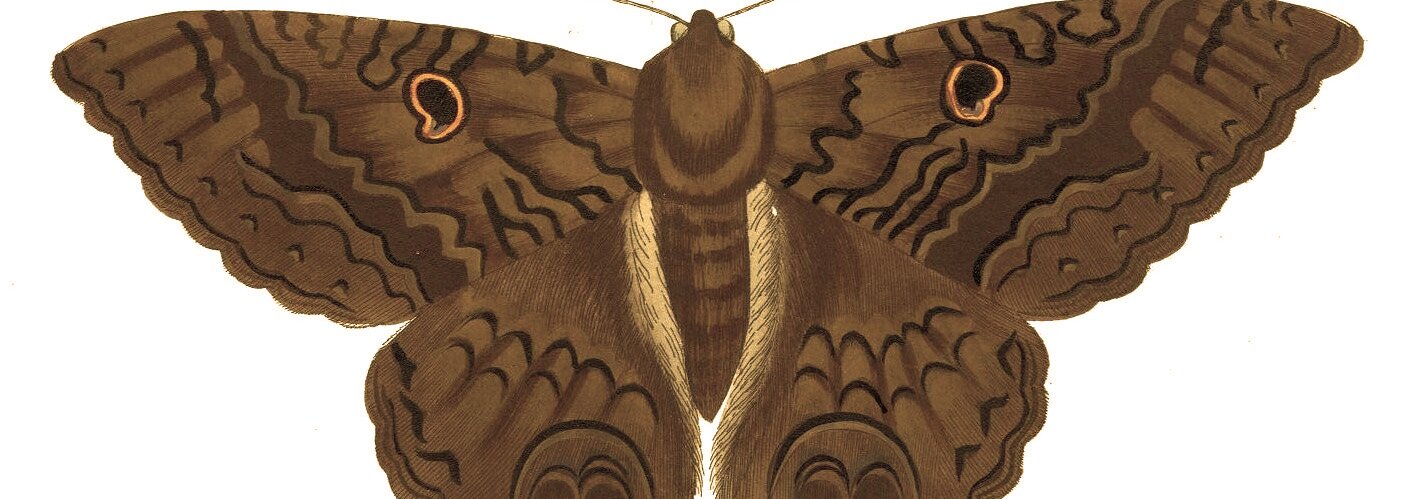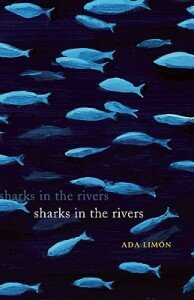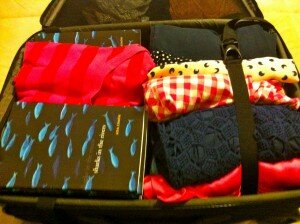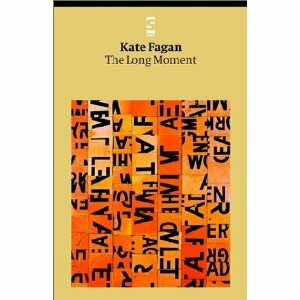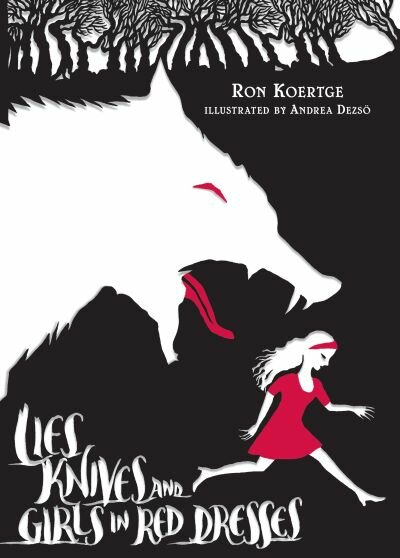

Last year I had the words ‘you that sang to me once sing to me now’ tattooed on my right inside forearm. This was not a mid-life crisis act but was overwhelmingly to do with poetry.
The quotation is the first line of a poem by W. S. Merwin ‘Song of the Nomad Flute’ is a poem which appears in The Shadowsof Sirius,[i] a collection which was published in Merwin’s 80th year. I’ve read and re-read this collection, finding new lines and images that sing to me on each reading. When I embarked on my year of learning poetry by heart, ‘Song of the Nomad Flute’ was the first unrhymed poem I learnt. I followed it with another from the same collection – ‘Good Night’, which has some intricate repetition in it and appears to be a farewell to a beloved dog (although I wouldn’t mind having it read at my funeral!).
But my admiration of the individual poems in this book did not impel to me have that line forever inked into my skin. It was the more the collection as a whole and the age at which Merwin published it. Over the last few years, this collection, more than any other, has come to exemplify for me the kind of unapologetic poetry a poet should write and keep writing.
I think there are times in every writing career when a writer reaches a pause. It isn’t exactly writer’s block. Nor is it entirely a period of evaluation. Perhaps you’ve balanced a day job and family life with the private job of writing for a number of years. Perhaps you’ve given writing precedence in your life and you look around you to find that your friends have other lives, plan holidays and do more than window shop. You wonder why you’re writing when you could do so many different things.
When I paused, it was more like fatigue – but fatigue with the anxiety that surrounds writing. I was tired of trying to make time every day to write. I was tired of wondering whether what I was writing was good enough. I wondered whether or not I was pushing my own boundaries. I knew I wasn’t submitting work regularly. I’d let elements of my writing life slip while I attempted to finish other writing projects that clamoured for my attention. At the end, I was simply exhausted by my own mouse-on-a-wheel anxieties.
It didn’t help that my part-time day job was online-teaching, an isolating occupation. Nor did the state of the publishing and related industries help. It was difficult to maintain faith in my profession when I heard almost weekly of independent bookshops closing down, publishers retrenching editors and abandoning imprints and genres. Who would be left publishing poetry when the dust had settled?
 Then I re-opened Merwin’s collection and read his limpid, spare yet mysterious and intimate poems. I was struck by their fearlessness. Some of the lyric poems in The Shadow of Sirius talk in the ‘unadorned voice of a close companion who speaks softly and urgently, as it were, into one’s very ear.’ [ii] It seemed to me that Merwin, as an older poet, was relaxing into his craft. I was very aware that his apparent simplicity – is the result of a lifetime’s rigorous editing and rewriting. I couldn’t speculate how – or indeed whether – Merwin has arrived at a place where all experiences can be accepted, but I could work on my own fear. The first step for me was being reminded that poetry keeps singing to you if you remain open. In my case it was already inked into my skin. I’m not suggesting you do that! But I have compiled a small do-it-yourself list for anyone who also feels that they are paused in their writing career.
Then I re-opened Merwin’s collection and read his limpid, spare yet mysterious and intimate poems. I was struck by their fearlessness. Some of the lyric poems in The Shadow of Sirius talk in the ‘unadorned voice of a close companion who speaks softly and urgently, as it were, into one’s very ear.’ [ii] It seemed to me that Merwin, as an older poet, was relaxing into his craft. I was very aware that his apparent simplicity – is the result of a lifetime’s rigorous editing and rewriting. I couldn’t speculate how – or indeed whether – Merwin has arrived at a place where all experiences can be accepted, but I could work on my own fear. The first step for me was being reminded that poetry keeps singing to you if you remain open. In my case it was already inked into my skin. I’m not suggesting you do that! But I have compiled a small do-it-yourself list for anyone who also feels that they are paused in their writing career.
- Don’t panic. You might simply need a holiday. Everyone else takes a holiday, so why can’t a writer? Declare a holiday for your writing self. Make sure that you note the start and end of your writing holiday on a calendar or in a diary. (You may, of course, write during this period, but don’t feel guilty if you don’t.)
- Make some simple goals – decide, for example, to write one poem a month, or submit five poems to competitions. Write these down and tick them off when you complete them.
- Attend poetry readings – hearing other people read their work, reading your own work and just hanging out with other poets can be enriching and make you remember you are part of a poetic continuum.
- Set yourself some writing tasks – call these ‘Doing the Scales’ or any other name that implies practice writing. Schedule these into your day or your week.
- Finally, write something quite different. Write a picture book. Write a script. Embark on an interlinked narrative about smart young things living in five different space stations, bookended with sharp haiku that all have to have the word star in them.
May that which sang to you once, sing to you now.
[i] Merwin, W. S., The Shadow of Sirius, Copper Canyon Press, 2008.
[ii] http://thecresset.org/2012/Trinity/Weinert_T2012.html

Catherine Bateson is an Australian poet and writer for children and young adults. Her last poetry collection , Marriage for Beginners, was published by John Leonard Press. She partially overcame her writing anxieties by joining the Tuesday Poem Blog group and posting a poem on her own blog each Tuesday. In June this year she heads to Paris for three months, courtesy of an Australia Council Grant.
